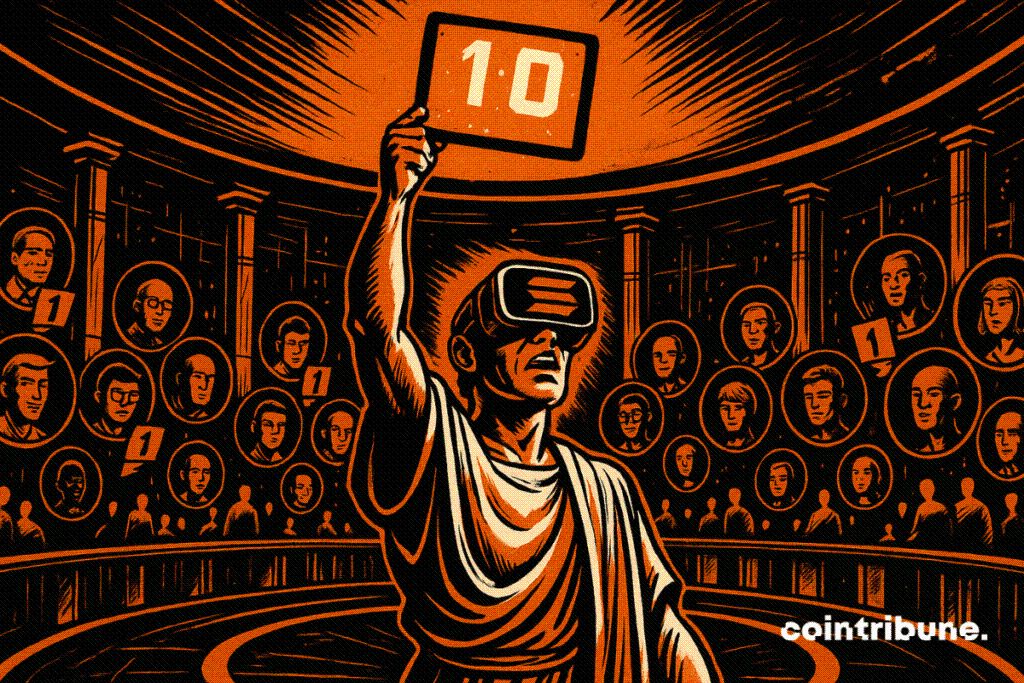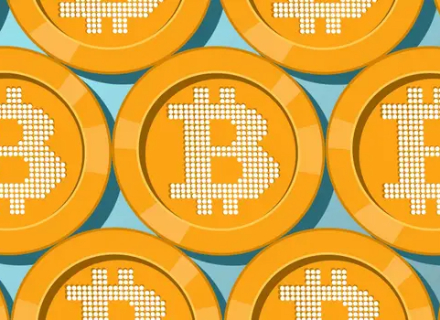Alpenglow Vote Could Redefine Solana’s Protocol
Solana is about to reach a historic milestone. Since August 27, its community has been called to vote on “Alpenglow” (SIMD-0326), a bold proposal that could completely overhaul the network’s consensus mechanism. More than a technical evolution, it is a strategic turning point with profound repercussions on performance, the protocol’s economy, and the balance between efficiency and decentralization.

In brief
- Solana launches a decisive community vote on the Alpenglow proposal (SIMD-0326), initiated August 27, 2025.
- Alpenglow aims to replace the current Proof-of-History + TowerBFT consensus with a direct finality system called Votor.
- The proposal promises a drastic latency reduction, from 12.8 seconds to 100–150 milliseconds.
- The new protocol introduces off-chain vote aggregation, certificate finalization, and a fixed fee for validators.
A radical consensus overhaul up for vote
Since Epoch 840, Solana network validators have been called to vote on SIMD-0326, a strategic proposal nicknamed “Alpenglow” . It aims to replace the current Proof-of-History + TowerBFT model with a new consensus mechanism based on a direct finality engine called “Votor”.
According to the proposal’s authors, this overhaul would allow a drastic reduction in network latency, from 12.8 seconds to only 100–150 milliseconds. “Before each epoch, each validator must pay a fixed fee, initially set at 1.6 SOL per epoch”, indicates the proposal, emphasizing that this amount reflects approximately 80% of the current on-chain voting fees.
This proposal goes beyond a simple performance gain. It introduces several fundamental changes to the very structure of Solana’s consensus :
- The introduction of the “Votor” finality engine : this system allows block validation by direct vote, removing the deferred supermajority mechanism specific to TowerBFT ;
- Off-chain aggregation of signatures : validators’ votes are collected off-chain, significantly reducing on-chain vote traffic ;
- The implementation of a certificate finalization system : each validated block receives a certificate, ensuring fast and verifiable finality ;
- The replacement of voting fees by a “Validator Admission Ticket” (VAT) : charged at 1.6 SOL per epoch and burned each cycle, this system aims to maintain an economic balance while simplifying the model;
- A reduction of network noise and on-chain loads : the streamlined architecture improves the network’s overall efficiency by reducing resource consumption.
In practice, this evolution aims to prepare Solana for new use cases demanding fast confirmations while stabilizing operating costs for validators.
Limited participation and debates on economic implications
The governance mechanism set up for this vote is particularly structured. Validators can claim voting tokens via a Merkle Distributor tool, proportionally to their staking weight, and allocate them to “Yes”, “No”, or “Abstain” accounts.
For Alpenglow to be adopted, the proposal must gather a two-thirds supermajority of votes cast (Yes + No), with a 33 % quorum, including abstentions. According to data collected on the first voting day, participation stands around 11.5 %, with 11.3 % voting “Yes”. This mobilization remains modest.
Such a transition to an off-chain model raises concerns, especially regarding the economic impact for small validators. The fixed cost of the Validator Admission Ticket, although designed to reflect current fees, could represent a barrier to entry for operators with fewer resources.
Some members therefore question: could this technical reform increase network centralization? At the same time, the proposal’s authors defend an approach of economic continuity. The average cost per epoch is maintained but redistributed in a more predictable form.
This vote crystallizes a fundamental debate about Solana’s future. Between technical acceleration and economic inclusivity, the community must arbitrate a structuring choice for the coming years. If the supermajority is reached, Alpenglow will not be activated immediately. Compatibility of clients and deployment through the protocol’s usual channels must be awaited. However, the essential is played now. With a voting window closing on September 2, 2025, every validation counts. And the outcome of this sequence could well define Solana blockchain’s new performance standard, or exclusion, which becomes the preferred choice of public companies .
Disclaimer: The content of this article solely reflects the author's opinion and does not represent the platform in any capacity. This article is not intended to serve as a reference for making investment decisions.
You may also like
Mars Morning News | The Federal Reserve is expected to cut interest rates on Wednesday, S&P Global assigns a "B-" credit rating to Strategy
S&P Global has assigned a "B-" credit rating to bitcoin treasury company Strategy, classifying it as junk debt but with a stable outlook. The Federal Reserve is expected to cut interest rates by 25 basis points, with a possible split in the voting. The Hong Kong Securities and Futures Commission has launched a tender for a virtual asset trading monitoring system. Citi is partnering with Coinbase to explore stablecoin payment solutions. ZEC surged significantly due to halving and privacy topics. Summary generated by Mars AI. The accuracy and completeness of this summary are still being refined and updated by the Mars AI model.

BTC Volatility Review (October 6 - October 27)
Key indicators (4:00 PM Hong Kong time on October 6 -> 4:00 PM Hong Kong time on October 27): BTC/USD -6.4...

Cathie Wood warns: As interest rates rise next year, the market will be "chilled to the bone"
AI faces adjustment risks!
2025 Trading Guide: Three Essential Trading Categories and Strategies Every Trader Must Know
Clearly identify the type of transaction you are participating in and make corresponding adjustments.
